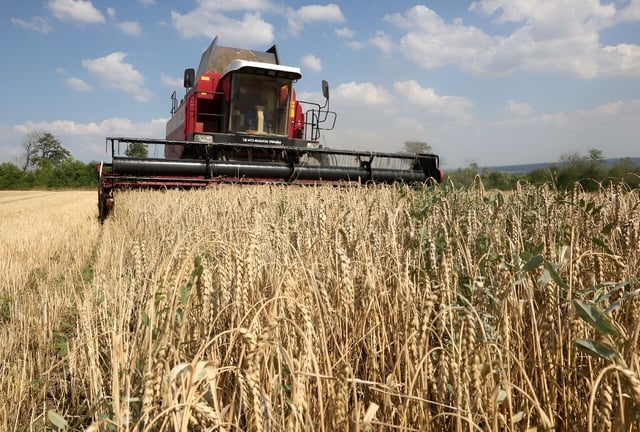Overview
- The current global food system incurs hidden costs of up to $15 trillion annually due to health impacts and environmental damage, accounting for about 12% of world GDP.
- Transforming the food system could prevent 174 million premature deaths, help meet climate goals, and provide economic benefits of $5 to $10 trillion.
- Food systems contribute to a third of global greenhouse gas emissions, potentially pushing global warming above the Paris Agreement's threshold of 1.5 degrees Celsius.
- Current food production trends could lead to a 70% global increase in obesity and leave 640 million people underweight by 2050.
- The proposed transformation would require policy changes, including shifting subsidies and tax incentives away from large-scale monocultures, promoting healthier diets, and investing in technologies to reduce emissions.



